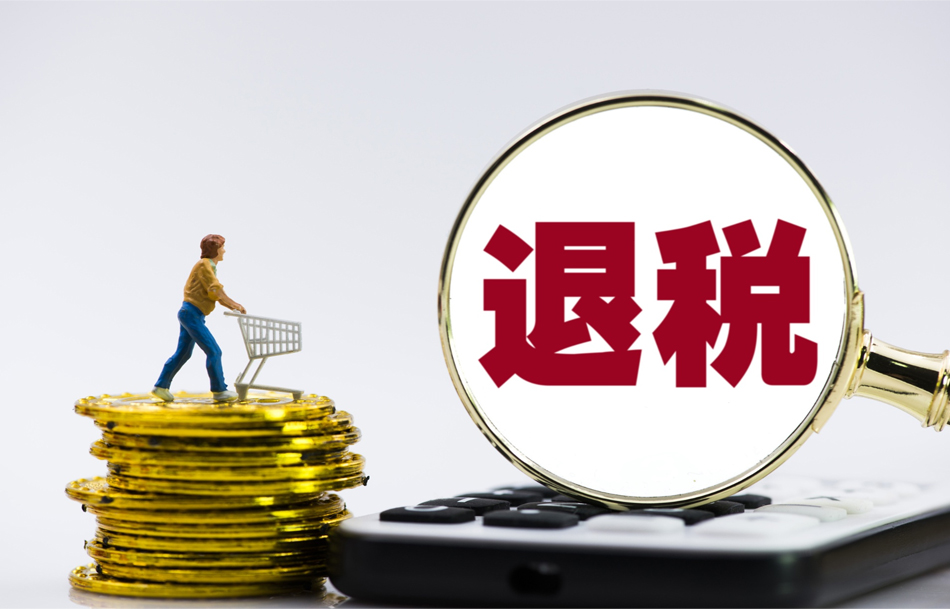The executive meeting of the State Council held a few days ago proposed to speed up the progress of export tax rebates and reduce the average time for tax rebates to less than 6 working days. Experts interviewed by reporters said that accelerating export tax rebates will help ease the pressure on foreign trade companies to occupy funds.
Luo Zhiheng, vice president of Yuekai Securities Research Institute and chief macro analyst, told the "Securities Daily" reporter that accelerating export tax rebates can reduce the capital occupation of export companies, improve the ability to resist risks, and help stabilize the production and operation expectations of export companies. For export companies, order demand and raw material costs are crucial factors. In 2022, my country's export enterprises may face the recovery and decline of overseas supply, and the export growth rate will return to normal from a high level. For this possible impact, it is necessary to prepare a risk response plan in advance from the fiscal and taxation aspects. Speeding up the progress of export tax rebates is one of them.

With the accelerated pace of enterprises "going global", China has increased the export tax rebate rate many times, and continues to improve the efficiency of export tax rebate services through measures such as streamlining export tax rebate handling materials, optimizing the tax refund process, and launching a new export tax rebate system. The average processing time for national export tax rebates has been shortened from 13 working days in 2018 to the current 7 working days.
"The impact of the COVID pandemic on our export orders is continuous. The end of the year is approaching, and orders have to be delivered, and workers' wages, accounts payable and other funds are under great pressure. However, the dividends of the tax and fee reduction policy have given the company more confidence in production and better development. Add vitality. In the first three quarters alone, we enjoyed export tax rebates of 2.4574 million yuan, and value-added tax incremental tax refunds of 107,500 yuan.” said Ran Qiming, the legal person of Sichuan Micron Vacuum New Material Co., Ltd. With the tax refund module, we can submit export tax refund applications at any time, and it only takes two working days to complete the tax refund process.”
Zhang Yiqun, deputy director of the Performance Management Special Committee of the China Fiscal Society, told the "Securities Daily" reporter that speeding up export tax rebates and shortening the time limit for tax rebates will help reduce the tax burden on export companies, enhance the ability of export companies to allocate funds, and help companies better to respond to changes in the international market and stabilize foreign trade exports.
According to the introducing of Fu Hongxue, director of the Goods and Labor Tax Division of the Sichuan Provincial Taxation Bureau, since this year, the Sichuan Provincial Taxation Bureau has focused on the development difficulties of manufacturing companies, accurately grasped the needs of taxpayers, and ensured that various tax and fee reduction policies and measures are implemented. Especially after the launch of the new export tax rebate system, the export tax rebate declaration form has been reduced by about one-third, the data items to be filled in have been reduced by about one-fifth, the average declaration efficiency has increased by nearly 30%, and the internal and external business processes of the tax department have been simultaneously optimized. Realized multi-channel non-contact "paperless" processing throughout the process, further adding vitality to the new development pattern of helping the market stabilize foreign trade and serving the economic construction.

Zhang Yiqun believes that encouraging foreign trade companies to accelerate development, better adapt to and effectively connect with the international market, and enhance the influence and voice of foreign trade companies in international trade are the keys to the sustainable development of my country's foreign trade and the in-depth opening up to the outside world. Tax policies should closely focus on foreign trade development goals. First, more flexible use of tax rates, tax rebates and other tools to support the development of foreign trade enterprises, and actively respond to the impact of the COVID pandemic and the decline in international trade activities; second, to accelerate the pace of regional trade integration and implement Zero or low tariffs for regional international trade to open up regional international trade markets; third, promote differentiated tariff rates, give full play to the advantages of product and service trade, and stabilize and expand international market share.